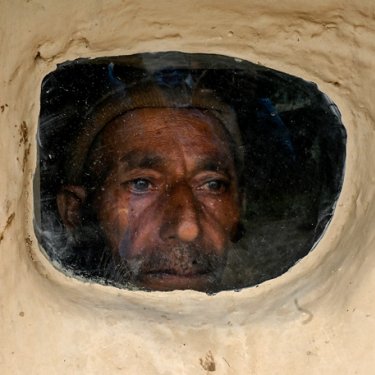RSF appalled by Orwellian press policy in Indian-held Kashmir

Reporters Without Borders (RSF) calls for the immediate withdrawal of the “New Media Policy” under which the New Delhi-controlled government of India’s northernmost territory, Jammu-and-Kashmir, assumes the right to harass journalists and media judicially and economically if they publish content it doesn’t like. It amounts to prior censorship, RSF said.
Issued last week and openly declaring that it aims to “foster a genuinely positive image of the government,” the 53-page policy statement gives Jammu and Kashmir’s Department of Information and Public Relations (DIPR) the de facto right to exercise pre- and post-publication control over all journalism in the territory for the next five years.
It says the DIPR will conduct a “background check” of every publisher, editor and reporter before their media outlet is granted “empanelment” – its term for official approval. And it adds: “Any individual or group indulging in fake news, unethical or anti-national activities or in plagiarism shall be de-empaneled besides being proceeded against under law.”
Infinite interpretative leeway
According to the policy, any reporter who is “de-empaneled” will be denied official accreditation and, as a result, any rights normally accorded to journalists. And for media outlets, “de-empanelment” will mean the loss of almost all advertising income since state advertising is in practice controlled by the DIPR in Jammu and Kashmir.
“As there is no definition of what constitutes fake news or anti-national content, the government has absolutely infinite interpretative leeway to censor any journalism it does not like and to impose its own narrative,” said Daniel Bastard, the head of RSF’s Asia-Pacific desk.
“By means of this totally Orwellian regulation, the Jammu and Kashmir administration becomes plaintiff against the free press, judge and executioner all in one. We therefore call for the withdrawal of this directive, which is unworthy of India’s democracy and will have the immediate effect of inducing a profound self-censorship that in practice amounts to prior censorship.”
Nail in the coffin
Under the new policy, “it will be possible for any journalist to be prosecuted by someone who thinks their reporting is ‘false’,” freelancer Quratulain Rehbar told RSF. “People like me will think twice before covering a very important event or one that could be critical for the government.”
Junaid Nabi Bazaz, another freelancer, said no newspaper will risk violating the policy. “Reporters can go to prison and media can be banned indefinitely without recourse to the courts,” he told RSF. “If it remains in effect, this policy will put the last nail in the coffin of [Kashmiri] journalism.”
Journalist-author Gowhar Geelani said the policy, “simply officializes previous actions designed to control the media and freedom of expression, and to impose a single narrative.”
The policy will result in “an atmosphere of terror to which some are likely to succumb,” The Kashmir Walla editor Fahad Shah predicted. “I’m surprised that the media are not talking about this more in Kashmir. But, as an independent media outlet, we will continue to denounce this kind of problem. It’s our duty.”
India is ranked 142nd out of 180 countries and territories in RSF's 2020 World Press Freedom Index, two places lower than in 2019. The fall is due in part to the crackdown on press freedom in Kashmir since last summer.



